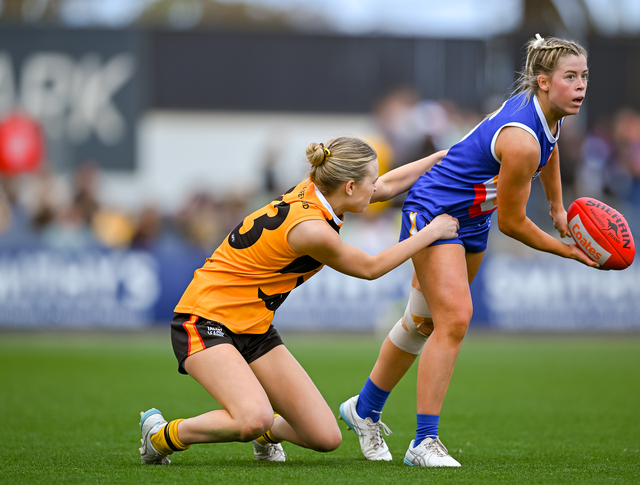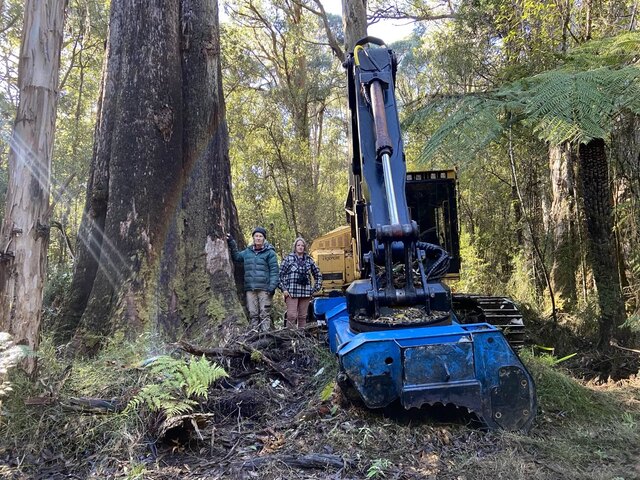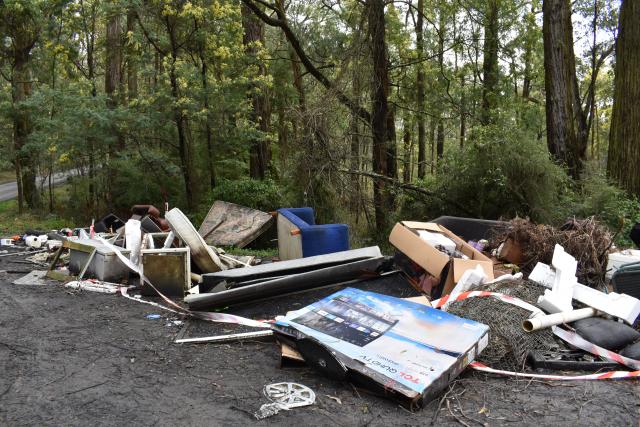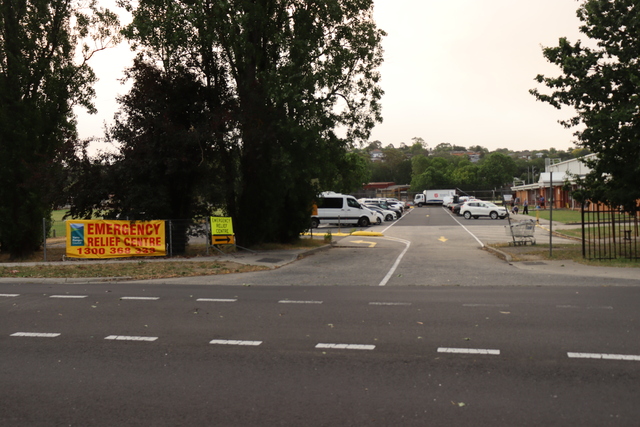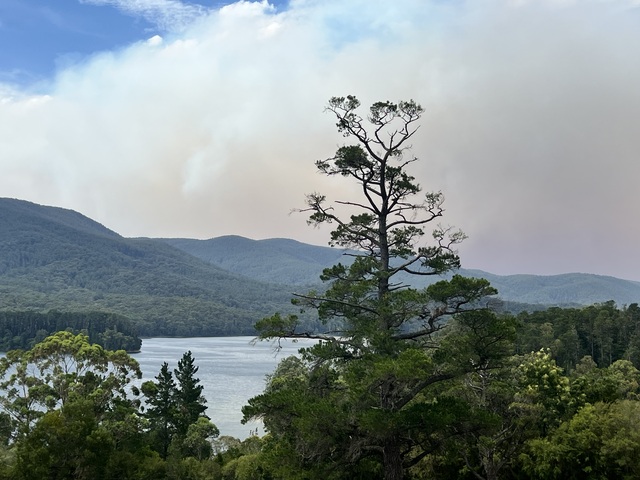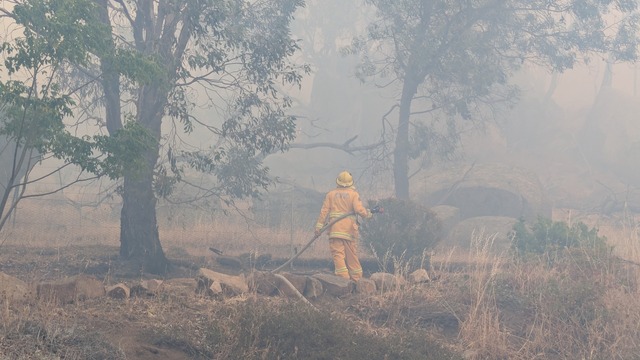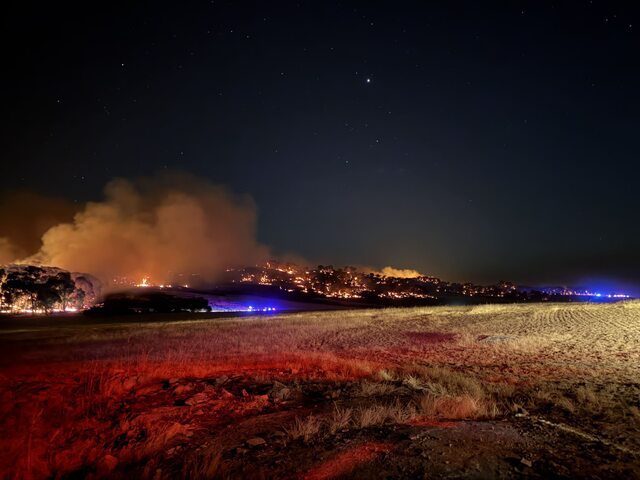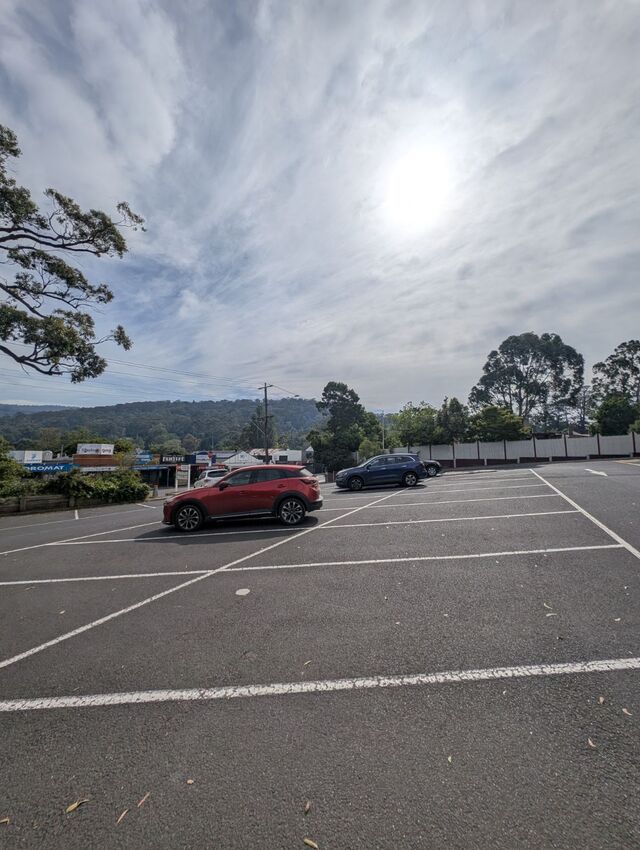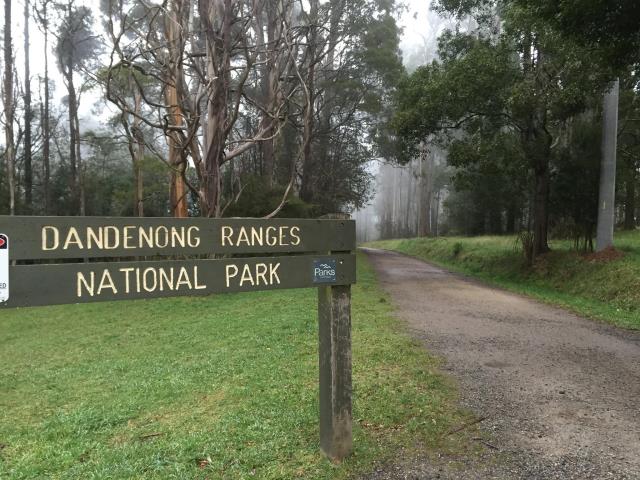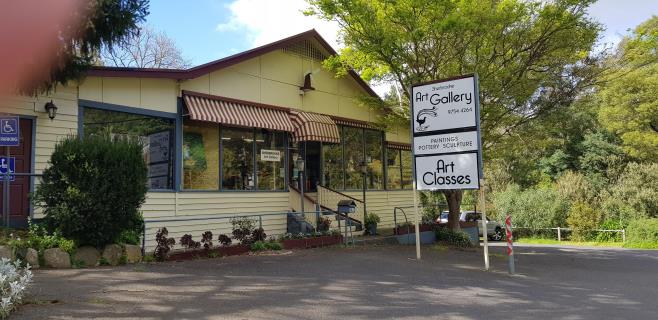The building of the Maroondah weir and aqueduct and the Lilydale to Healesville railway in the late 1880s swelled the populations of Healesville, Tarrawarra North, and Yarra Glen.
Four different contracts were called for the Maroondah aqueduct and others for the railway.
Messrs McNeil and Bath held the contracts for the railway and also for section four of the aqueduct.
The itinerant workers were accommodated in navvy camps which had a range of accommodation, from weatherboard huts provided for the bosses to canvas tents and bush humpies set up by the workers themselves.
Some pitched their tents close together for comfort and security, others preferred to be solitary at a distance.
A few of the men had family with them but it was observed by journalist ‘Vagabond’ (John Stanley James) in 1890 that few children attended school.
There was a school at Tarrawarra between 1875 and 1892 which would have been at a convenient distance but the itinerant families working on the aqueduct did not stay long.
The enlarged population provided more income to local primary producers through the demand for fresh food, to local traders who provided processed foods and domestic articles and clothing, and to local publicans who provided recreational facilities and accommodation.
In some cases, it resulted in an upgrading of some commercial buildings in the townships or a complete rebuild.
With the building of the railway, businesses in Yarra Flats (now Yarra Glen) gravitated south from the intersection of Bell Street and Armstrong Grove to the southern end of Bell Street adjacent to the new railway line. The Farrell brothers erected a hotel they named the Burgoyne Hotel, now the Yarra Valley Grand Hotel.
They were to prosper from their investment, at first by accommodating inspectors and supervisors who regularly visited from Melbourne to check the engineering projects, and later from the tourists who travelled by train to holiday in the hills and mountains.
Adolphus Edgcumbe and Patrick Daly did the same in Healesville.
Edgecumbe replaced the old Royal Mail Hotel on the corner of Nicholson and Green Streets with a three-storey hotel bearing his own name.
It was renamed the Grand Hotel in 1894. Patrick Daly built the Terminus Hotel near the railway station.
All were opened by 1888.
Some of the effects arising from the large camps were not so beneficial.
On pay day many men from the camps went to town, both literally and figuratively.
The hotels were well patronised on these occasions.
With frequent drunken brawls and increasing petty crime an extra policeman was requested for Healesville and for Yarra Flats.
In March 1887 Constable Freebairn was criticised by the magistrates at Lilydale because he was frequently late when bringing prisoners from Yarra Flats to the Magistrates Court there.
It was not an easy task to transport three or four unwilling men by horse drawn vehicle.
Due to the increase in the number of cases being dealt with a Police Court was established in Yarra Flats by the end of that year.
It was presided over by a travelling magistrate or a local Justice of the Peace.
In 1887, a typhoid epidemic caused considerable concern in Victoria. Early settlements throughout Victoria without reticulated water were subject to outbreaks of this disease, and a dry start to 1887 made conditions for infection even more favourable.
As part of an enquiry made by the Central Board of Health, Dr Andrew Shields made a special visit to the navvy camps between Healesville and Yarra Flats to find insanitary conditions.
Both camps were very close to the Yarra River which was used by the campers for drinking water and other domestic purposes.
At the same time pollution from the camp in the form of human litter and animal waste which was being washed into the river.
There were another three camps on the Watts River near Healesville which were in a similar state although, at the time of his visits, no cases of typhoid had been reported there.
The result of the meeting was that two regulations drafted by the President of the CBH were posted to the contractors in charge of the camps, asking for their cooperation in providing latrines and prohibiting the deposit of night soil on the banks of waterways.
In September 1887, local residents and traders were complaining to the Shire Council about the state of local roads but they were left to battle with such conditions for some time.





